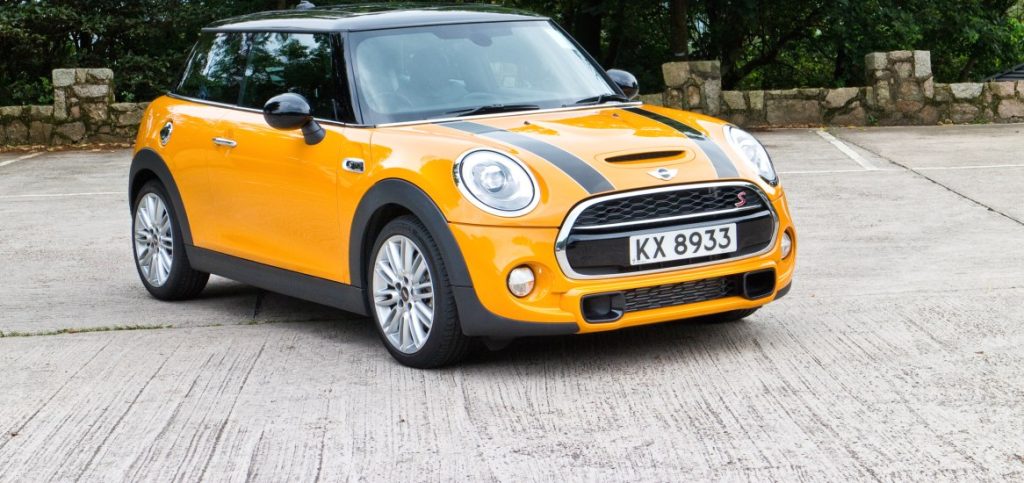
The average weight of a car today is around 4,100 kilograms. Of course there are many types of cars in use and the weight of the car varies according to its size, equipment and even the materials used in its construction. Most vehicles also have a weight range that depends on the trim level you choose.
Determining the average weight of a car is much more complicated than simply placing the car on the scale. Just as the weight of an individual car can vary, a car is given many different weight ratings. Curb weight, gross vehicle weight, gross vehicle weight, and gross axle weight are all different measures of vehicle weight, or how much weight it can carry.
It may not seem like all of this matters. After all, you get in your vehicle every day and drive that road. But weight plays a big part in fuel economy, handling, towing, and even safety. The Environmental Protection Agency also uses weight data for each car model in various emissions studies to shape its regulatory policies.
The lightest and heaviest vehicles
It may seem obvious that the largest vehicles on the road are the heaviest and the smallest are the lightest. While this is generally true, some vehicles may surprise you when it comes to weight. The things that affect how much a car can weigh are the materials used to make it, how many tech and safety features it has, and whether the car has batteries, an internal combustion engine, or both.
Some of the heaviest cars for their size are electric vehicles because their battery packs are so heavy. However, full-size pickups and SUVs are still the heaviest vehicles on the market. Of course, because they are so big and because they are often made with heavy components, they weigh more and increase the average weight of vehicles on the market.
While heavy trucks like the Chevrolet Silverado 3500, RAM 3500 and Ford F-350 are giants that can weigh more than three tons, the Jeep Grand Wagoneer is one of the heaviest “regular” vehicles on the market. It weighs 6,340 pounds, and any large pickup can take a beating.
Weight according to car model
Researching the average weight of a car, looking at some of the factors that make a vehicle heavier, and understanding some terms associated with vehicle weight and weight tolerances will help you understand your car. Taking a close look at individual models will give you an even better idea of where your car falls in comparison to other car models and vehicle types.
How much does a small car weigh?
Some of the lightest cars on the market include the Mitsubishi Mirage at £2,095, the Chevrolet Spark at £2,246 and the Mazda MX-5 Miata at £2,332.
Although the Smart Fortwo is no longer available in the US, it was the lightest car money could buy. The non-EV version of the Smart Car weighed just 2,050 pounds in 2017.
There are several other models in the segment that help bring the subcompact class’s average weight to around 2,510 pounds. Cars such as the Kia Rio, Hyundai Accent and Nissan Versa form the subcompact segment. With a curb weight of over 3,100 kilograms, the Mini Cooper’s hardtop is the heaviest in its segment.
The compact car segment has a much higher average weight because luxury car makers such as Audi, Mercedes-Benz, Volvo and BMW don’t make many true compact cars. The BMW i3 is an exception to that rule, with a curb weight of 2,972 pounds, but it was discontinued in the U.S. after the 2021 model year.
Non-luxury compact cars like the Honda Civic, Nissan Sentra, Volkswagen Jetta, and Toyota Corolla have an average weight of just under 3,000 pounds. These models are closely grouped by weight, with the Hyundai Elantra having the lightest curb weight at 2,868 lbs and the Subaru Impreza the heaviest at 3,050 lbs.
Compact luxury cars have a much wider weight range as they are more classified as small cars that fall into the mid-range segment. They have more features than a typical compact car, so they tend to be heavier. Models like the Audi A3, BMW 2 Series, Mercedes-Benz CLA-Class, Volvo S60, Cadillac CT4, and Acura ILX make up this segment, with an average weight of around 3,600 pounds.
Sports and performance cars:
Sports and performance cars are weird. They come in a wide range of sizes and weights and can typically be considered smaller cars without really fitting into the compact car segment. Depending on the cars involved, the average drops to over £3,100.







